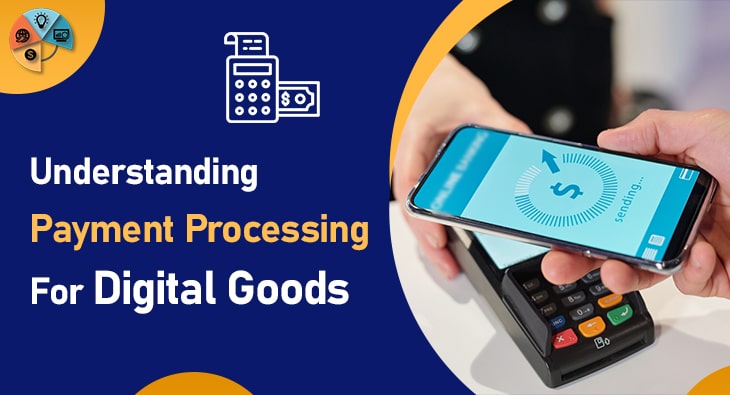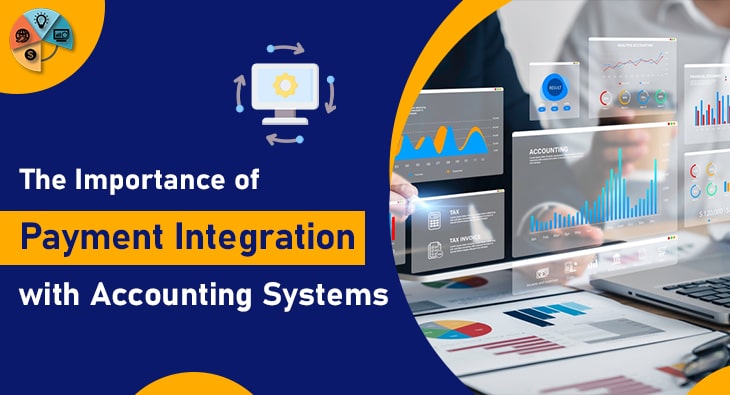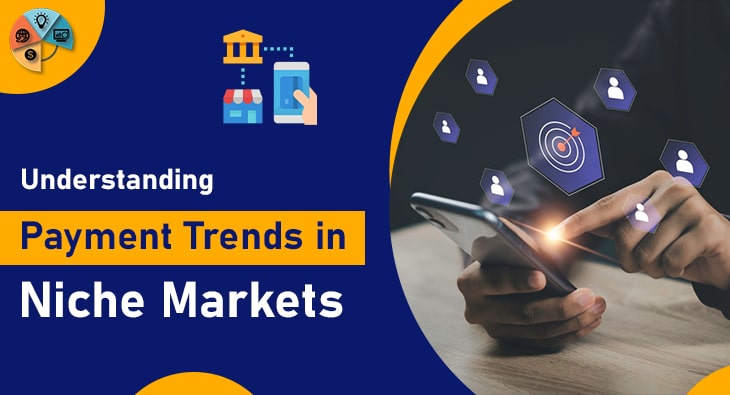In today’s digital age, the way we purchase and consume goods has drastically changed. With the rise of e-commerce and online marketplaces, the demand for digital goods has increased exponentially. From e-books to software and online courses, digital goods have become an integral part of our daily lives.
However, with this increase in digital goods, there comes the need for a secure and efficient payment processing system. This is where payment processing for digital goods comes into play. In this blog post, we will dive into the world of payment processing for digital goods, understanding what it is, how it works, and why it is essential for both businesses and consumers alike.
The Basics of Payment Processing for Digital Goods
Payment processing for digital goods refers to the series of actions and technologies that enable the electronic purchase and sale of non-physical products over the internet. At its core, this process involves the secure transmission of payment information from the buyer to the seller and ultimately, to the financial institutions involved, to authorize and complete a transaction. For digital goods, this operation is slightly nuanced compared to physical goods due to the immediate delivery expectation and the unique security challenges involved.
When a customer decides to purchase a digital product, they initiate the payment process by selecting a payment method—be it credit card, digital wallet, or another online payment system. The payment gateway, a pivotal component of this ecosystem, securely captures the payment information and facilitates the verification process with the payment processor.
The processor, in turn, communicates with the customer’s bank to ensure funds are available and the transaction is not fraudulent. Once approval is obtained, the transaction is finalized, the funds are transferred to the seller’s account, and the digital goods are made available to the buyer for download or online access.
Understanding this flow is crucial for both merchants offering digital goods and consumers purchasing them, as it affects the efficiency of the transaction, the security of payment information, and the overall customer experience.
Some Related Blogs
- How to Choose the Right Payment Gateway for Drop Shipping
- Simplify Your Business with Dropshipping Merchant Accounts-2024
- Unlocking the Secrets of Successful CBD Payment Processing-2024
- The Role of a Travel Merchant Account in Your Business-2024
Understanding the Payment Gateway Landscape
The landscape of payment gateways for digital goods is diverse and continuously evolving, shaped by the need for secure, efficient, and user-friendly payment experiences. Payment gateways act as the bridge between a merchant’s website and the payment processor, ensuring that sensitive payment information is transmitted securely from the customer to the merchant and ultimately, to the bank. Each gateway offers a variety of features tailored to different business needs, including fraud prevention tools, payment methods supported, integration capabilities, and customer service quality.
Selecting the right payment gateway is critical for merchants selling digital goods. It involves considering transaction fees, the ease of integration into existing platforms, and the ability to handle high volumes of transactions without compromising speed or security. Additionally, the chosen gateway must support the myriad of payment methods preferred by the target audience, ranging from credit and debit cards to digital wallets and beyond.
Understanding the nuances of each gateway, from global giants like PayPal and Stripe to niche providers catering to specific markets, enables merchants to offer seamless payment experiences that can adapt to the shifting landscapes of digital commerce.
Tackling Fraud and Security Concerns
In the digital goods marketplace, the instant nature of transactions amplifies the need for robust fraud and security measures. Fraudsters constantly devise new schemes to exploit vulnerabilities, making the protection of sensitive payment data paramount. To combat this, payment gateways and processors implement advanced security protocols such as encryption, tokenization, and Secure Sockets Layer (SSL) technology to ensure that customer data is transmitted securely. Furthermore, the use of two-factor authentication (2FA) and biometric verification adds an additional layer of security, making unauthorized transactions significantly harder.
![]()
Email us anytime!
Email customer service 24/7
![]()
Call us anytime!
Reach customer care 24/7 at +1 (727) 330-3944
Merchants must also be proactive in identifying and mitigating fraud risks. This involves employing fraud detection tools that analyze transaction patterns and flag anomalies that could indicate fraudulent activity. Machine learning algorithms are increasingly being used to enhance these systems, offering the ability to learn from transaction data and continually improve fraud detection accuracy.
By prioritizing these security measures, merchants can create a safer environment for customers, fostering trust and confidence in the digital goods market. It’s a critical step in not only protecting the financial interests of the business but also in ensuring a secure, hassle-free shopping experience for consumers.
Streamlining the Checkout Experience
Streamlining the checkout experience for digital goods is vital for maintaining customer satisfaction and encouraging repeat business. A seamless and efficient checkout process reduces cart abandonment rates and enhances the overall shopping experience.
Key strategies include minimizing the number of steps required to complete a purchase, offering guest checkout options to bypass account creation, and providing a wide range of payment methods to accommodate diverse preferences. Additionally, clearly displaying pricing, taxes, and any applicable fees upfront can prevent last-minute surprises that might deter a customer from finalizing their purchase.
Integrating an intuitive and responsive design for the checkout interface ensures accessibility across devices, catering to the growing number of mobile shoppers.
Employing auto-fill technology for returning customers further speeds up the transaction process, making it more convenient for users to complete their purchases swiftly. By focusing on these aspects, merchants can significantly streamline the checkout experience, making it as frictionless as possible for buyers of digital goods.


